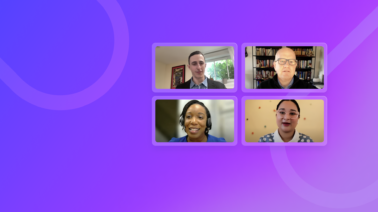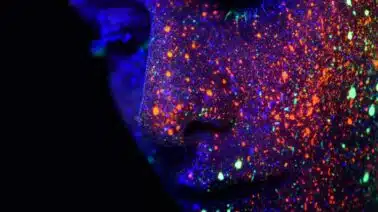
It is so powerful, so amazing, and so visionary, that Google and Facebook are both racing towards it at breakneck speed.
It is so complex, so intense, and so unfathomably intricate that it was thought to be impossible.
If achieved, it will change the course of human history. What is IT? Winning Go.That’s right. Go.
Go vs. AlphaGo
Go is one of the most challenging and complex games in human history—dating back some 2500 years—and what everyone wants to know is, can a machine win at it?
We’re about to find out. As announced recently in WIRED:
Researchers at DeepMind—a Google AI lab in the heart of London—have designed a computing system that can play the game of Go, the ancient Eastern version of chess. On March 9, in Seoul, South Korea, the DeepMind system—known as AlphaGo—will begin a five-game match against Lee Sedol, one of the very best (human) Go players on the planet.
If AlphaGo wins, Artificial Intelligence will have taken an incredible step forward into a future we could barely dream of just a few short years ago. And don’t think it isn’t possible! AlphaGo has already beaten the #2 player in the world. Now, it’s time for the champ.
Deep Learning, DeepMind
We’re excited beyond belief about this! Our Deep Learning course (part of our Machine Learning Nanodegree program) is TAUGHT by Vincent Vanhoucke, Principal Scientist at Google, and a member of the Google Brain Team! (Google Brain drove Google’s acquisition of DeepMind in 2014). Not to mention that our CEO ran the Artificial Intelligence laboratory at Stanford!. So needless to say, we’re going to be watching every second of this incredible event!
And guess what? You can too! Because it’s going to be streamed on YouTube!
We’ve got so much more to tell you about all of this, so please stay tuned for more in the coming days, including AMAZING announcements about what we’ll be doing during the actual event.
Go Fever
In the meantime, just to show you how quickly Go Fever has spread through the Udacity ranks, we’d like to share a bit of video with you: Udacity course instructor Mike Yi explaining how to play this most legendarily complex game. Deep learning, indeed!
Winning Go
Winning Go at this level is truly a moonshot for Artificial Intelligence. Machines have won at all the other classic “mind” games that rely on seemingly unquantifiable hybrids of knowledge, skill, experience, and human intuition (it’s that last one the constitutes the true final frontier!): Chess, Othello, Scrabble, etc. But Go has to date been the unattainable Holy Grail. As the DeepMind team themselves recently put it in their paper Mastering the Game of Go with Deep Neural Networks and Tree Search:
The game of Go has long been viewed as the most challenging of classic games for artificial intelligence due to its enormous search space and the difficulty of evaluating board positions and moves.
By the way, if terms like “neural networks” look familiar to you, it may be because you’ve been looking into our Deep Learning course and reading the course summary!
What Are You Waiting For? Go!
Given that the match begins on March 9, it’s probably not even necessary to say what a great time it is to enroll in either the Deep Learning course, or our full Machine Learning Nanodegree program. But, just in case, now would be a REALLY good time to enroll in our Deep Learning course, and/or our Machine Learning Nanodegree program!
So what are you waiting for? Go!
Now, I need to get back to my ladder to make sure my eyes are alive, so I don’t make a ko with stones that have no liberty. Or something like that…



